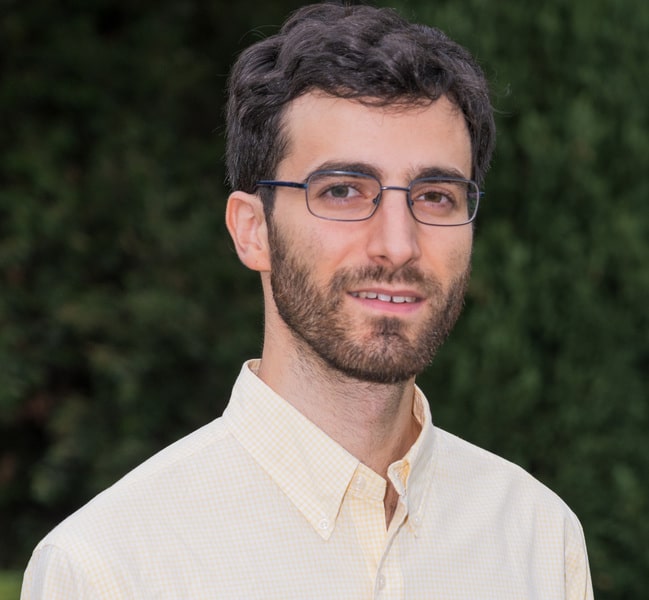COP30: a crucial moment for climate cooperation with strong calls for inclusion
This is the second installment of the Topic of the Month: Priorities of COP30
The UN Climate Change Conferences have long served as fundamental pillars of international cooperation, providing a platform for nearly 200 countries to negotiate commitments and collectively advance the architecture needed to address the climate crisis. Indeed, each Conference of the Parties (COP) is a reminder of both the complexity and urgency of global climate action, and COP30 is no exception. As it unfolds in Belém, Brazil, the world’s attention is once again drawn to this annual gathering that stands at the core of global climate governance.
Hosting this year’s summit in Brazil carries a powerful symbolic meaning. The country contains roughly 60% of the Amazon rainforest, one of the planet’s most critical carbon sinks and a region whose protection is essential for meeting global climate goals. Moreover, COP30 marks a return to the country where, during the 1992 Earth Summit in Rio, the United Nations Framework Convention on Climate Change (UNFCCC) was established. However, the path to the conference was far from easy. The logistics surrounding COP30 have been particularly challenging, since Belém’s location in the northern Amazon, while strategically relevant, has made travel and coordination more complex. The absence of a formal U.S. delegation at COP30 has also been a key point of discussion, raising concerns about the implications for negotiation dynamics.
This year, the conference's start has been marked by significant protests too, particularly from Indigenous communities.
As reported in international media, Indigenous representatives demanded greater access to the UN pavilions and a more central role in decision-making. These protests, which blocked entrances to the summit venue, drew attention to the tension between global climate commitments and local realities, especially in regions directly affected by environmental degradation. The demands raised by these communities resonate with a core theme of COP30: the need to embed climate action within broader frameworks of justice. This aligns closely with the spirit of two events in which members of the FSR Climate team have participated, contributing to discussions aimed at incorporating local contexts into the global climate conversation.
The first event, “Stakeholder engagement and community-based approaches in energy transition processes and initiatives,” held on 13 November at the Italian Ministry of Environment and Energy Security (MASE) Pavilion, explored how engaging local communities and stakeholders can help drive sustainable transformations. Contributions to this workshop, including those by Jacopo Cammeo from FSR Climate, highlighted the value of multi-country consultations both within and outside Europe, as well as the importance of bridging feasibility gaps in energy transitions through participatory, context-sensitive approaches.
Similarly, the event “Anchoring global fairness and social partnership in the EU climate and energy transition”, held on 15 November at the Just Transition Pavilion hosted by the European Commission and the International Labour Organisation (ILO), reflected deeply on how Europe can pursue ambitious decarbonization while supporting global social justice. Simone Borghesi, representing FSR Climate, joined a panel examining how EU policies can promote fairness, including beyond European borders. The conversation underscored that climate transitions should be designed with attention to inclusiveness and global partnerships, which is an essential message in a COP marked by strong calls from frontline communities for recognition and reparative action.
Taken together, the two COP30 events in which the FSR Climate team participated highlight a clear connection: successful energy and climate transitions should be participatory and responsive to the needs of the local communities most affected by environmental change. Whether discussing stakeholder engagement or global fairness, the message emerging is consistent: climate policy should be shaped with, rather than merely for, the people it impacts.
With the summit still underway, the need to broaden inclusive approaches to climate governance remains a central concern. The FSR Climate team will continue to engage in these debates within COP30 and will host an official session during the conference; the UNFCCC side event “Towards a global carbon market: how to ensure integrity and cooperation”, organised by Lea Heinrich and Albert Ferrari from FSR Climate, will be chaired by Jacopo Bencini from EUI-STG and will feature Simone Borghesi as one of the panellists. The session will bring together experts and policymakers to discuss how to strengthen international coordination in emerging carbon market mechanisms, providing an opportunity to explore how international cooperation can enhance the credibility of global climate initiatives.






